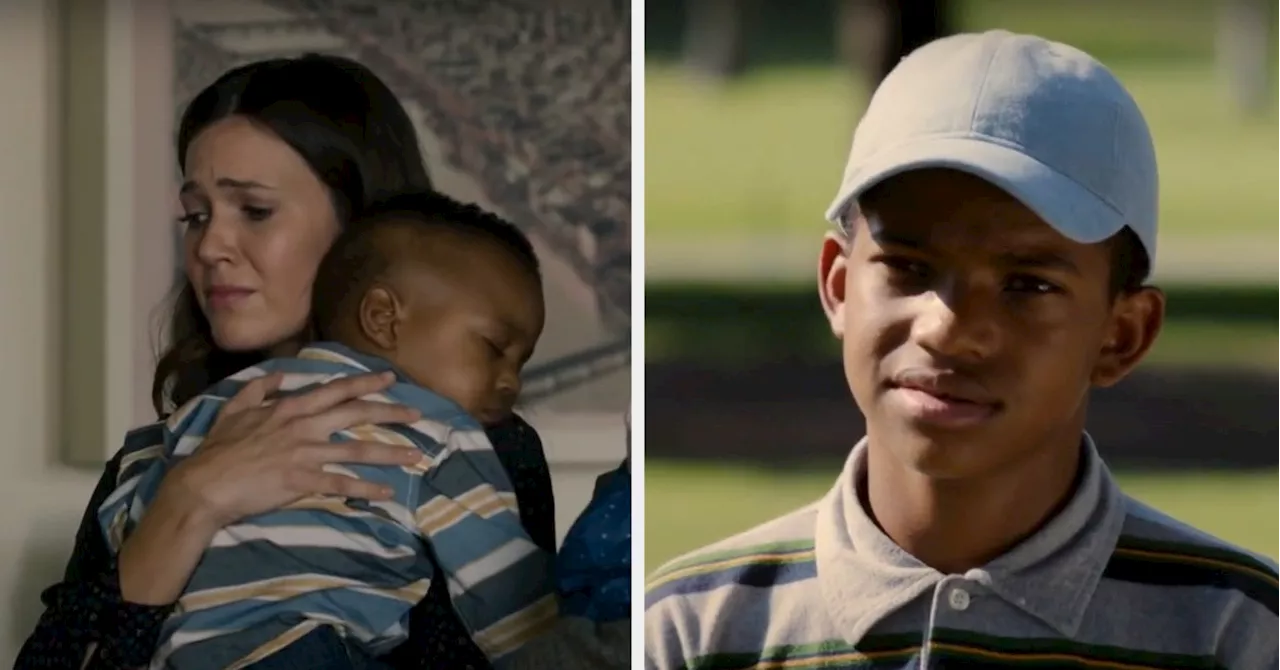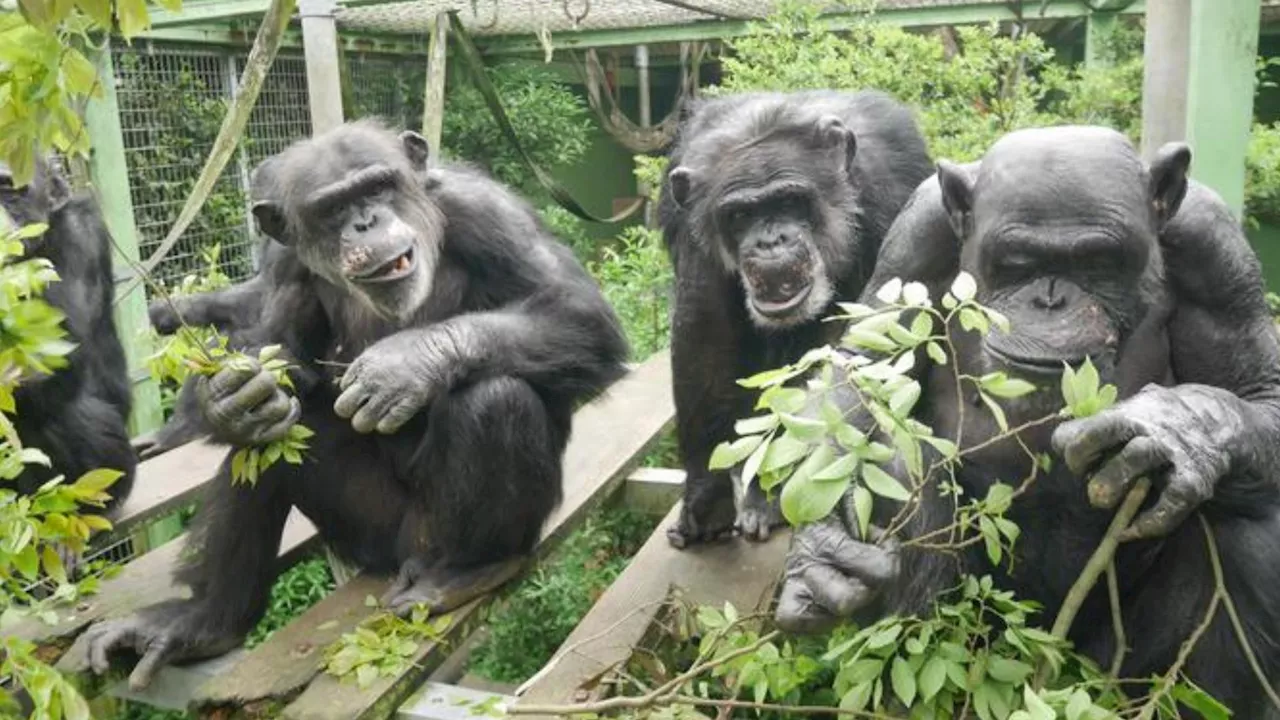This article explores the challenges and opportunities of maintaining friendships with people who don't get along. It provides practical advice on how to navigate this tricky terrain without losing your integrity or your mind.
Cognitive flexibility allows us to hold multiple truths—friendships aren’t a perfect puzzle, and that’s OK. Friendships don’t have to overlap—social connections can exist independently and still enhance well-being.\On the playground, I was a “lap maker.” While other kids sprinted to their best friends, I made my rounds—checking in with the tetherball crew, swinging by the jungle gym, and hopping onto the merry-go-round just long enough to chime in before moving on.
I had “slide friends” and “sandbox friends,” and not all of them liked each other. By high school, the pattern stuck. I floated between the band kids and my friends on the football team—two groups that rarely mixed outside of Friday nights. And now, as an adult, I still find myself in friendships with people who actively dislike each other. At work, in family circles, and in social groups—I’ll have dinner with one friend who can’t stand the person I’m meeting for coffee the next day. In an era where political and social divides are sharper than ever, this situation has become almost inevitable. We’re constantly connected to people who wouldn’t dream of sitting at the same table. And while the usual advice is to set boundaries, that can feel like a betrayal of our desire to connect with as many people as possible. So, how do you navigate this tricky terrain without losing your integrity—or your mind? Here are four lessons I have learned: \When you genuinely like two people who dislike each other, it’s easy to fall into the trap of trying to be the bridge—the common denominator that proves they have more in common than they think. Friendships are not group projects. You don’t need everyone to get along in order to maintain individual connections. Positive psychology research suggests that strong social ties contribute significantly to well-being (Diener & Seligman, 2002), but that doesn’t mean all your relationships need to exist in the same space. Think of your friendships as different playlists. Just because two songs exist in your music library doesn’t mean they have to be on the same playlist. And that’s OK. Release yourself from the pressure of uniting people who don’t want to be united. Focus on cultivating strong individual friendships rather than trying to force harmony where it doesn’t naturally exist. \When two people you care about don’t like each other, there’s often an unspoken expectation that you’ll—or, at the very least, validate their frustration. While empathy is important, constantly absorbing other people’s negativity can be exhausting and, frankly, is not your job. It’s about developing emotional intelligence—the ability to navigate emotions in a way that aligns with our values rather than getting hijacked by other people’s reactions. If you find yourself caught in a vortex of complaints about someone you care about, take a step back. When one friend starts venting about another, gently redirect the conversation. You might say, “I understand you’re feeling frustrated. Is there anything else I can help you with?” This signals that you’re not here to referee their conflict, and it sets a respectful boundary without shutting them down. \We live in a culture that loves a clear villain and hero. But in real life, things are rarely that simple. If two people in your life have written each other off, it doesn’t mean you have to follow suit. (Tetlock, 1986). You can acknowledge that one friend has a valid grievance while also recognizing that the other isn’t necessarily the monster they’re being portrayed as. Challenge the binary thinking that says, “If I support Friend A, I must disapprove of Friend B.” Instead, practice phrases like, “I value my connection with both of you, and I hope you can find a way to understand each other better.” 4. Know When to Step Back (Without the Drama) Sometimes, the best way to navigate friendships with people who aren’t friends is to know when to take a step back. Not all tension needs to be resolved, and sometimes distance is the healthiest option. Sometimes, stepping back isn’t about taking sides or abandoning your friends; it’s about prioritizing your own mental health. It can simply mean adjusting your emotional investment, setting quiet boundaries, or choosing to spend less energy managing other people’s friction. (Lazarus & Folkman, 1984). Instead of feeling trapped in the middle, remind yourself that you control where and how you engage. If a particular dynamic is causing you more stress than joy, experiment with stepping back rather than stepping in. Reduce engagement where necessary, but without making it a public affair. \Being friends with people who aren’t friends with each other is a reality for many of us. And while it can feel like an awkward balancing act, it’s also an opportunity—an invitation to strengthen our boundaries, practice empathy without enmeshment, and accept that not all relationships need to overlap. So if you find yourself, like I often do, caught between two friends who can’t stand each other, take a breath. You don’t have to fix it. You don’t have to justify your connections. And you certainly don’t have to be the glue holding everything together. Just like my younger self on the playground making the rounds, I don’t think I was ever meant to stick to one group, one perspective, or one way of seeing the world. Maybe you weren’t either. And maybe that’s the beauty of it—friendships, like life, don’t always fit into neat little boxes
FRIENDS RELATIONSHIPS EMOTIONAL INTELLIGENCE BOUNDARIES EMPATHY
United States Latest News, United States Headlines
Similar News:You can also read news stories similar to this one that we have collected from other news sources.
 Navigating Grief and Shifting FriendshipsThis article explores the emotional impact of grief and lacking support in the workplace. It also delves into the challenges of maintaining a long-standing friendship when one person becomes increasingly self-centered. The author seeks advice on how to navigate these difficult situations.
Navigating Grief and Shifting FriendshipsThis article explores the emotional impact of grief and lacking support in the workplace. It also delves into the challenges of maintaining a long-standing friendship when one person becomes increasingly self-centered. The author seeks advice on how to navigate these difficult situations.
Read more »
 Black People Who Were Adopted By White Families, Tell Us What You Want People To KnowSay what's on your mind.
Black People Who Were Adopted By White Families, Tell Us What You Want People To KnowSay what's on your mind.
Read more »
 Recovering Alcoholic Weighs Rekindling Old FriendshipsA recovering alcoholic grapples with the decision of whether to reconnect with old friends who distanced themselves during his struggle with alcohol.
Recovering Alcoholic Weighs Rekindling Old FriendshipsA recovering alcoholic grapples with the decision of whether to reconnect with old friends who distanced themselves during his struggle with alcohol.
Read more »
 Biden's Legacy Tarnished by Division, Fractured Friendships, and Pardoning SonNBC News paints a somber picture of President Biden's legacy, highlighting the nation's division, a fractured Democratic Party, and controversies surrounding his actions, including pardoning his son Hunter Biden.
Biden's Legacy Tarnished by Division, Fractured Friendships, and Pardoning SonNBC News paints a somber picture of President Biden's legacy, highlighting the nation's division, a fractured Democratic Party, and controversies surrounding his actions, including pardoning his son Hunter Biden.
Read more »
 Pee together, stay together: Chimps prove friendships are best built in the bathroomThe Kyoto University team observed the behavior of 20 captive chimpanzees at the Kumamoto Sanctuary in Japan.
Pee together, stay together: Chimps prove friendships are best built in the bathroomThe Kyoto University team observed the behavior of 20 captive chimpanzees at the Kumamoto Sanctuary in Japan.
Read more »
 Why Introverts Maintain Deeper Friendships, According to a Social ScientistThis article explores the social dynamics of introverts and extroverts, focusing on their approaches to building and maintaining friendships. It argues that introverts often excel at cultivating deep, lasting connections with a smaller circle of friends, while extroverts may find it easier to make new acquaintances but struggle with nurturing long-term relationships. The article concludes by offering advice on how to deepen existing friendships, emphasizing the importance of nurturing connections for overall well-being.
Why Introverts Maintain Deeper Friendships, According to a Social ScientistThis article explores the social dynamics of introverts and extroverts, focusing on their approaches to building and maintaining friendships. It argues that introverts often excel at cultivating deep, lasting connections with a smaller circle of friends, while extroverts may find it easier to make new acquaintances but struggle with nurturing long-term relationships. The article concludes by offering advice on how to deepen existing friendships, emphasizing the importance of nurturing connections for overall well-being.
Read more »
